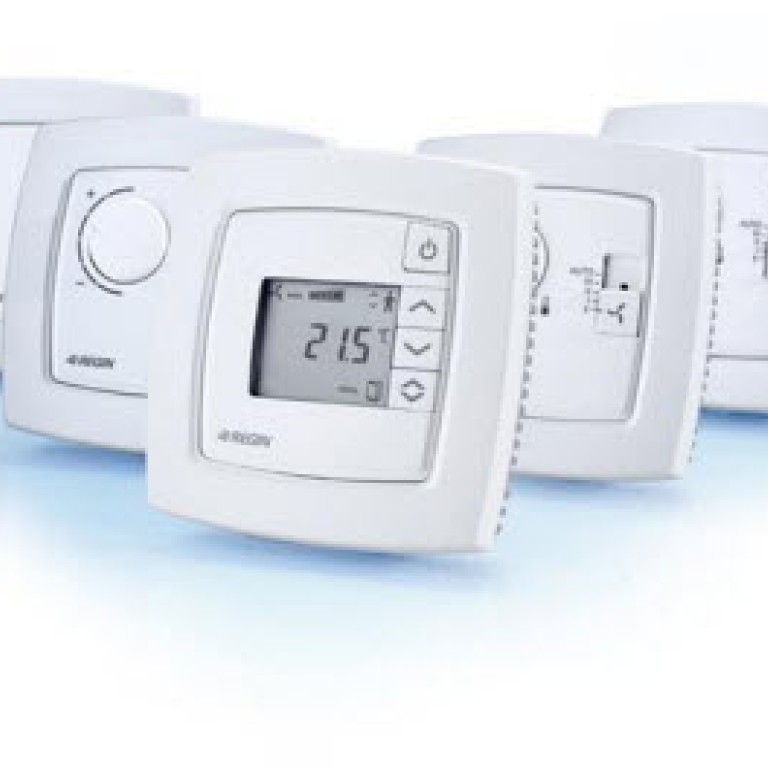
Mainland red tape frustrates small firms
Hong Kong has long established itself as the gateway to the mainland, allowing companies from all over the world to set up offices here to tap the enormous market north of the border.
Hong Kong has long established itself as the gateway to the mainland, allowing companies from all over the world to set up offices here to tap the enormous market north of the border.
This may be the case for brand names and large corporations, but smaller firms wanting to gain a foothold on the mainland find the going much tougher, according to Hakan Frimanson, general manager of Swedish building automation company Regin Controls.
He says while Hong Kong's business environment is straightforward, dealing with mainland red tape can be frustrating.
"It seems that even being placed in Hong Kong doesn't give too much incentives to get sales improvement in China," Frimanson says. "If you are a really big company that can conquer [the market] through massive advertising campaigns, or you already have a famous European luxury brand, then it can seem easy to get the sales going. But smaller and medium-sized companies are a bit lost. The Trade Development Council has books and other advice, but much more is needed. It is not only about bringing items to China, but also about securing it so that it will reach the end customers without any unforeseen obstacles."
The mainland is Sweden's largest trading partner in Asia, and the Scandinavian country has around 130 companies based in Hong Kong, most of which use the city as a stepping stone to the mainland market.
Regin develops products and systems for use in the field of building automation, such as heating, ventilation and cooling. The company set up its Hong Kong branch in 2005 initially to focus on sourcing and logistics for the Asia-Pacific and the mainland. The firm has gradually increased its sales activity in the region from Hong Kong. The company also has an office in Singapore that focuses solely on sales activity within Asia-Pacific.
"Hong Kong is a very good sourcing centre with no complicated VAT [value added tax] and easy, efficient logistics," Frimanson says. "Most of the other business activities are also easy and efficient."
But the mainland is different. "What works one time [on the mainland] may not work the next time," he says. "China regulations are not always clear and you sometimes wonder why something that is so easy to get elsewhere can be so problematic in China."
However, trade between Sweden and the mainland is thriving. Last year, the mainland accounted for about 3.7 per cent of all exports out of the Scandinavian country and 3 per cent of imports. Swedish exports to the mainland were worth 37.7 billion Swedish krona (HK$46 billion), the country's 10th-largest export market.
Hong Kong is among the top 30 of leading sourced goods for Sweden, making up 0.7 per cent of the country's total imports, while exports, mostly trucks, measuring equipment and telecommunication products, made up 0.4 per cent of total goods sent out of the country.
